China To Lift Sanctions On EU Lawmakers: Financial Times Report

Table of Contents
The Sanctions and Their Impact
In 2021, China imposed sanctions on several EU individuals and entities, including members of the European Parliament and academics. These sanctions were a direct response to the EU’s own sanctions targeting Chinese officials over human rights abuses in Xinjiang. China cited the EU’s actions as interference in its internal affairs and a violation of its sovereignty.
The ramifications of these sanctions have been significant:
- Reduced political dialogue: The sanctions created a chilling effect on high-level communication and cooperation between the EU and China, hindering discussions on critical issues.
- Obstacles to trade and investment: Uncertainty surrounding the sanctions led to hesitancy among European businesses operating in China, impacting trade volumes and investment flows.
- Increased tensions on human rights issues: The sanctions exacerbated existing disagreements on human rights, further polarizing the relationship and making productive dialogue on the topic more difficult.
- Strain on multilateral cooperation: The sanctions complicated efforts to cooperate on global challenges such as climate change and the COVID-19 pandemic, undermining multilateral institutions and agreements.
Reasons Behind the Potential Lifting of Sanctions
Several factors might be motivating China's potential decision to lift the sanctions:
- Improving bilateral relations: China may see lifting the sanctions as a gesture of goodwill, aiming to de-escalate tensions and foster a more constructive relationship with the EU. This is especially important considering the growing economic and geopolitical competition between China and the West.
- Boosting economic cooperation amidst global uncertainty: With global economic uncertainty, China might recognize the benefits of strengthening economic ties with the EU, including increased trade and investment.
- Addressing concerns from European businesses operating in China: The sanctions created significant difficulties for European businesses, and lifting them could be seen as a way to improve the investment climate in China and encourage further European investment.
- Responding to pressure from within China's political system: There might be internal pressure within the Chinese political system to de-escalate tensions with the EU and pursue a more pragmatic foreign policy approach.
Strategically, this move could signal a shift in China's approach to its relationship with the EU, prioritizing pragmatic cooperation over confrontation.
Implications for EU-China Relations
Lifting the sanctions could lead to several positive developments:
- Increased trust and cooperation: This would create a more positive environment for dialogue and cooperation on a range of issues.
- Renewed dialogue on critical issues: The removal of sanctions could pave the way for more substantive discussions on human rights, trade, and other critical issues.
- Improved trade and investment flows: Easing tensions could unlock greater economic opportunities for both sides, increasing trade and investment flows.
- Greater potential for collaboration on global challenges: Improved relations would enhance the potential for collaboration on global issues such as climate change and pandemic preparedness.
However, challenges remain. The underlying human rights concerns must not be overlooked. The lifting of sanctions alone doesn’t necessarily signal a change in China's human rights policies. Continued vigilance and dialogue are essential.
The Role of the Financial Times Report
The Financial Times, a reputable global news source, enjoys significant credibility due to its rigorous journalistic standards and access to a wide range of sources. However, like any news report, it's crucial to acknowledge potential biases and limitations. Further confirmation from official Chinese statements or other reliable news sources is necessary before definitive conclusions can be drawn. Independent verification of the information presented in the Financial Times report remains vital for a complete understanding of the situation.
Conclusion
The potential lifting of sanctions by China on EU lawmakers represents a significant moment in EU-China relations. The original sanctions, imposed in response to EU actions regarding human rights, created considerable friction, impacting political dialogue, trade, and overall cooperation. China's potential decision to lift these sanctions might reflect a desire to improve bilateral relations, boost economic cooperation, and address concerns from European businesses. While this could lead to increased trust and cooperation, ongoing human rights issues remain a critical concern. The Financial Times report provides valuable insight, but further confirmation and analysis are crucial. Stay informed about further developments in this evolving situation by regularly checking for updates on China's official statements and analyses from reliable news sources covering the topic of China lifting sanctions on EU lawmakers. Continued monitoring of this evolving situation and further research into the implications of this decision for trade and human rights are essential.

Featured Posts
-
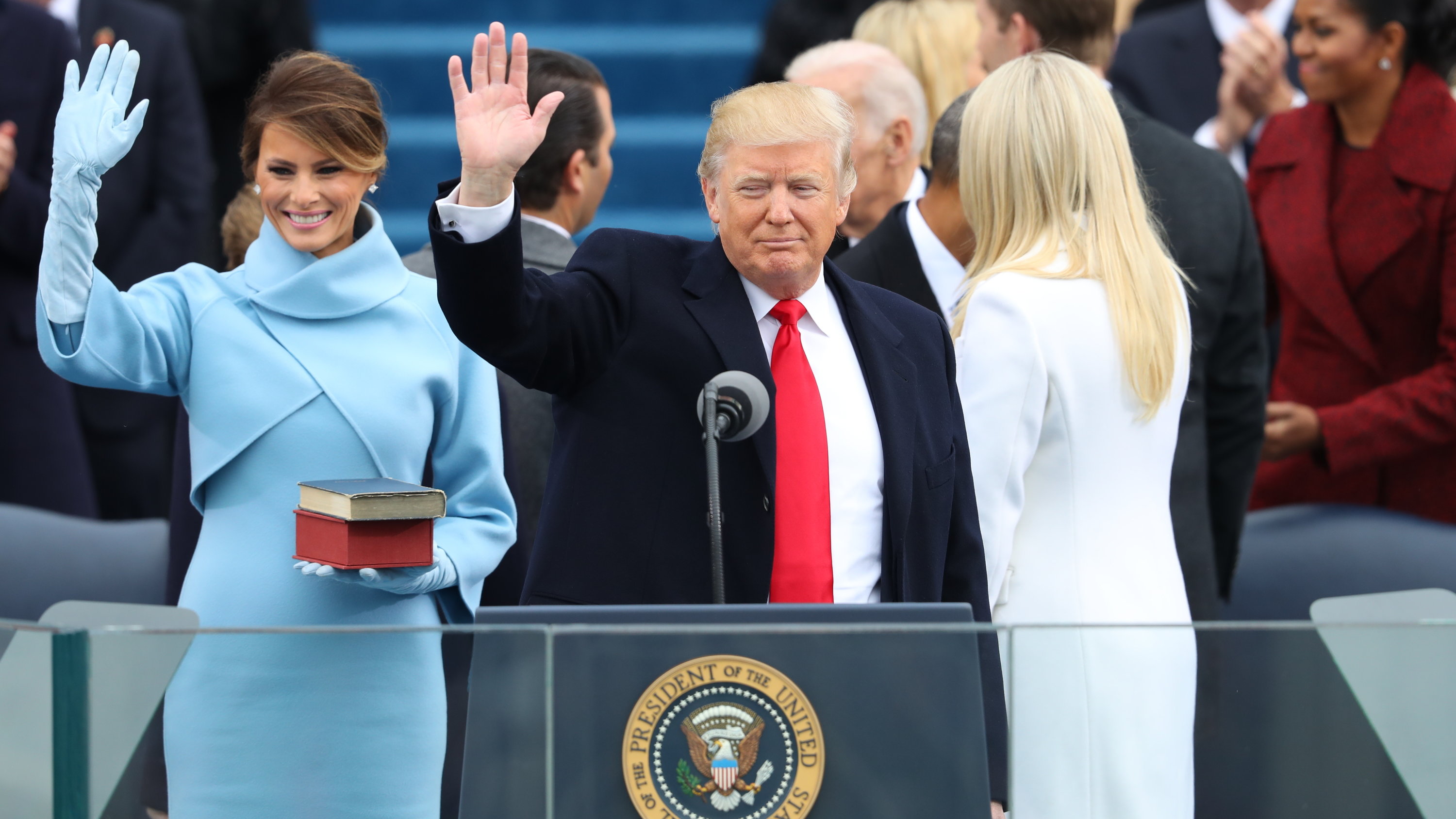 Donald Trump Presidency News April 23 2025 Updates
Apr 25, 2025
Donald Trump Presidency News April 23 2025 Updates
Apr 25, 2025 -
 Flower Show Success Wigan And Leigh College Students Showcase Their Talents
Apr 25, 2025
Flower Show Success Wigan And Leigh College Students Showcase Their Talents
Apr 25, 2025 -
 Emilia Pereyra Y Carlos Manuel Estrella Reciben Los Premios Caonabo De Oro 2025
Apr 25, 2025
Emilia Pereyra Y Carlos Manuel Estrella Reciben Los Premios Caonabo De Oro 2025
Apr 25, 2025 -
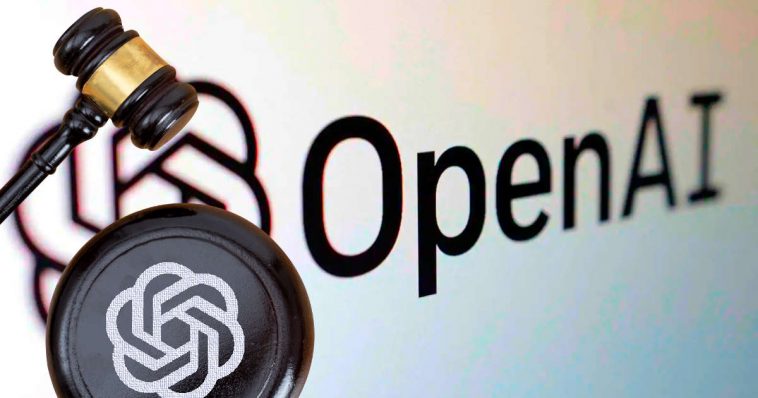 Open Ai Facing Ftc Investigation Understanding The Concerns
Apr 25, 2025
Open Ai Facing Ftc Investigation Understanding The Concerns
Apr 25, 2025 -
 Jack O Connells Casting What It Means For Godzilla X Kong 3
Apr 25, 2025
Jack O Connells Casting What It Means For Godzilla X Kong 3
Apr 25, 2025
Latest Posts
-
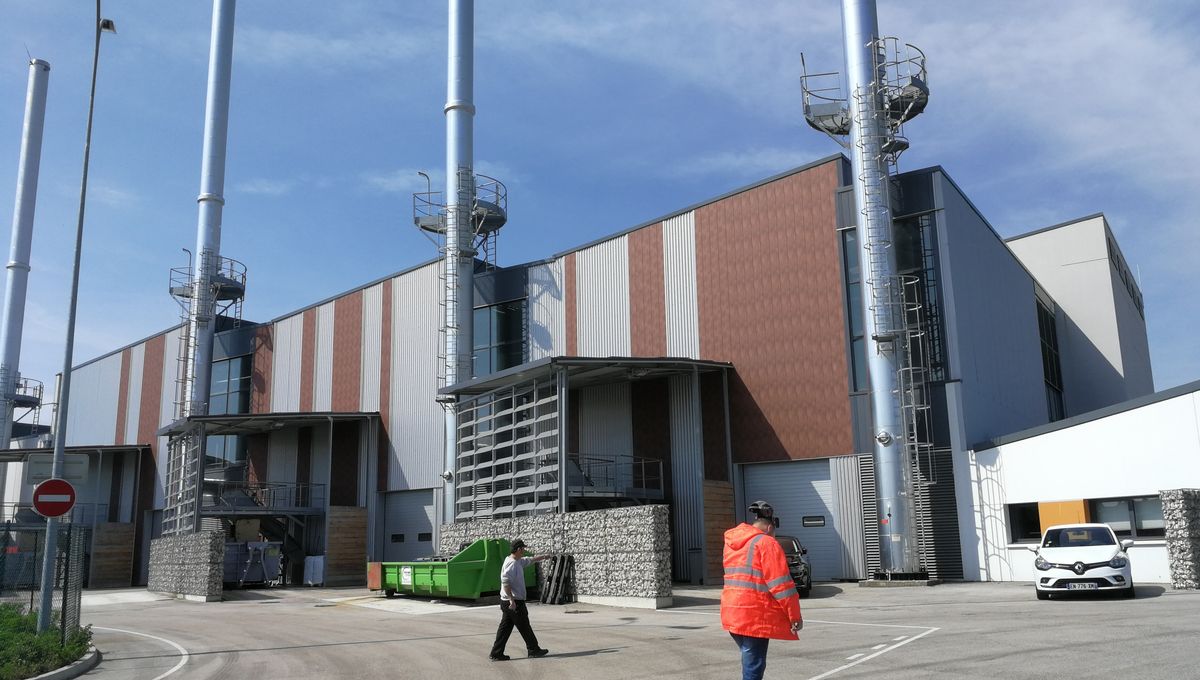 Dijon 2500 M De Vignes Plantes Aux Valendons
May 10, 2025
Dijon 2500 M De Vignes Plantes Aux Valendons
May 10, 2025 -
 Tramway Dijon Concertation Sur Le Projet De 3e Ligne
May 10, 2025
Tramway Dijon Concertation Sur Le Projet De 3e Ligne
May 10, 2025 -
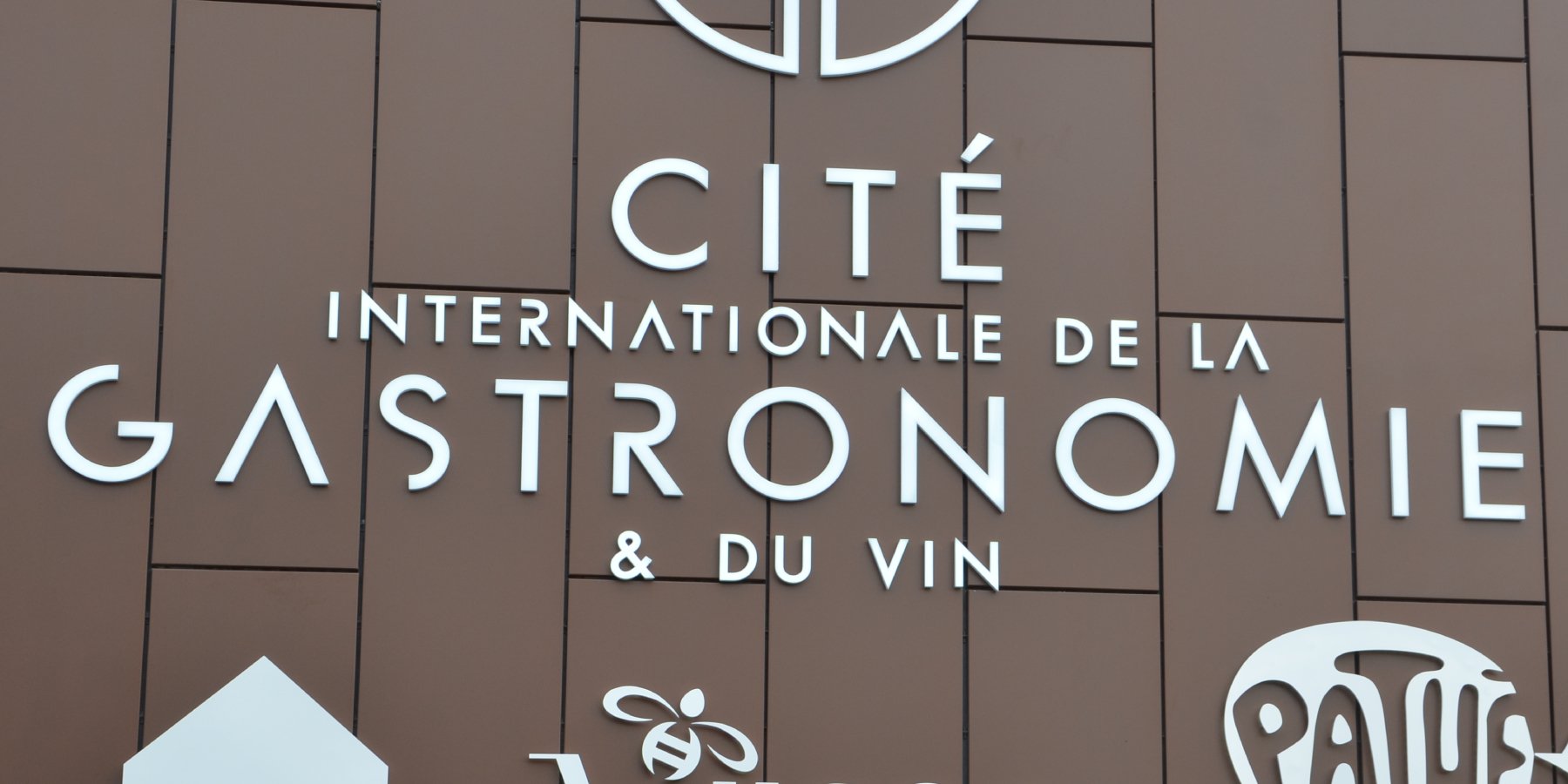 La Ville De Dijon Et Epicure Gestion De Crise A La Cite De La Gastronomie
May 10, 2025
La Ville De Dijon Et Epicure Gestion De Crise A La Cite De La Gastronomie
May 10, 2025 -
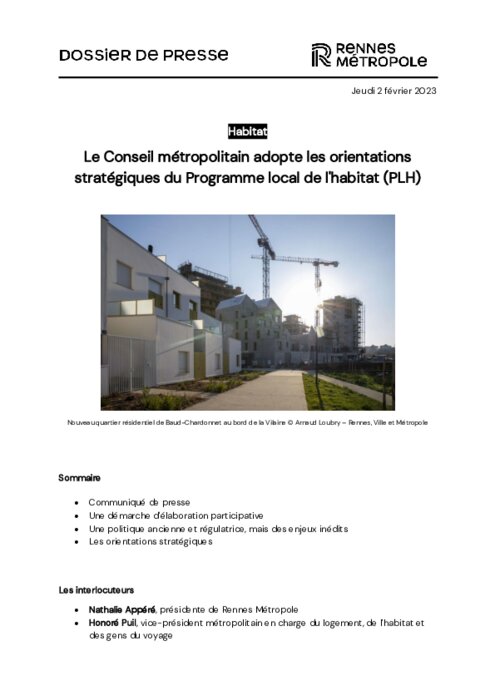 3e Ligne De Tram A Dijon Le Conseil Metropolitain Adopte La Concertation
May 10, 2025
3e Ligne De Tram A Dijon Le Conseil Metropolitain Adopte La Concertation
May 10, 2025 -
 Projet De Tramway A Dijon La Concertation Citoyenne Est Lancee
May 10, 2025
Projet De Tramway A Dijon La Concertation Citoyenne Est Lancee
May 10, 2025
